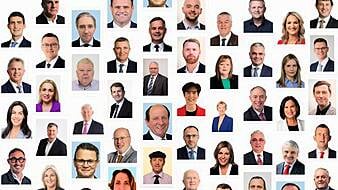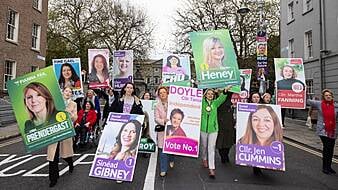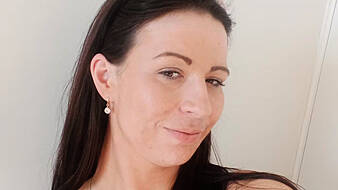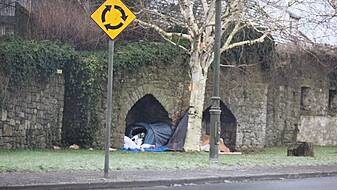The Dáil has the worst gender balance of parliaments in western Europe, with women making up only 25 per cent of TDs.
Analysis of data from the Inter-Parliamentary Union also reveals that the incoming Dáil ranks among the lowest in the world for the proportion of female parliamentarians.
Out of 174 seats in the Dáil, 44 have been filled by women, placing Ireland 96th in a global ranking of national parliaments.
Across Europe as a whole, women make up an average of 32 per cent of parliamentarians.
It comes despite a record number of female candidates in the recent election, with 246 women standing across the State's 43 constituencies (36 per cent of candidates).
Political parties were issued with a gender quota in the election, requiring them to have women making up at least 40 per cent of candidates.
The election results mean there are 14 constituencies with no female representation – Donegal, Galway East, Laois, Tipperary North, Tipperary South, Limerick City, Limerick County, Cork North West, Cork South-Central, Cork North-Central, Cork East, Wicklow-Wexford, Dublin North West and Dublin South West.
Just four constituencies have more women than men: Galway West (three out of five), Dublin South Central (three out of four); Dublin Fingal West (two out of three) and Carlow-Kilkenny (three of five).
Fianna Fáil, the largest party after the recent election, has seven women TDs among its ranks, which is only 15 per cent of its new Dáil team.
Sinn Féin has the highest number of female TDs at 16, equivalent to 38 per cent of its representatives in the Dáil.
Fine Gael is next with 10 women, followed by four for the Social Democrats, two for Labour and one People Before Profit-Solidarity TD.
Independent Ireland and Aontú have no female TDs.
Women for Election, a campaign group to promote the participation of women in politics, said female representation in the Dáil was “going in the right direction but it is far too slow”.
Chief executive Brian Sheehan described the election as “historic” because “more women than ever before will walk through the gates of Leinster House, and that is something to be celebrated”.
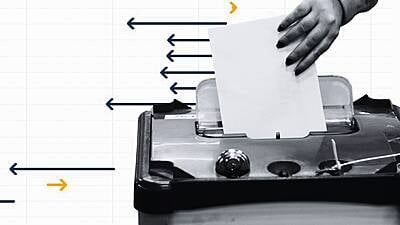
The National Women’s Council of Ireland noted that the results meant there was still “no breakthrough for women” in Irish politics.
Orla O’Connor, the council’s director, said the election results showed that gender quotas are not enough to achieve equal representation for women.
“There is evidence that many women were added late to the ticket to make up the gender quota,” she said in a statement.
“We are calling on all political parties to ensure women candidates are selected as early as possible to ensure they have sufficient time, support and resources for their election campaign.”

